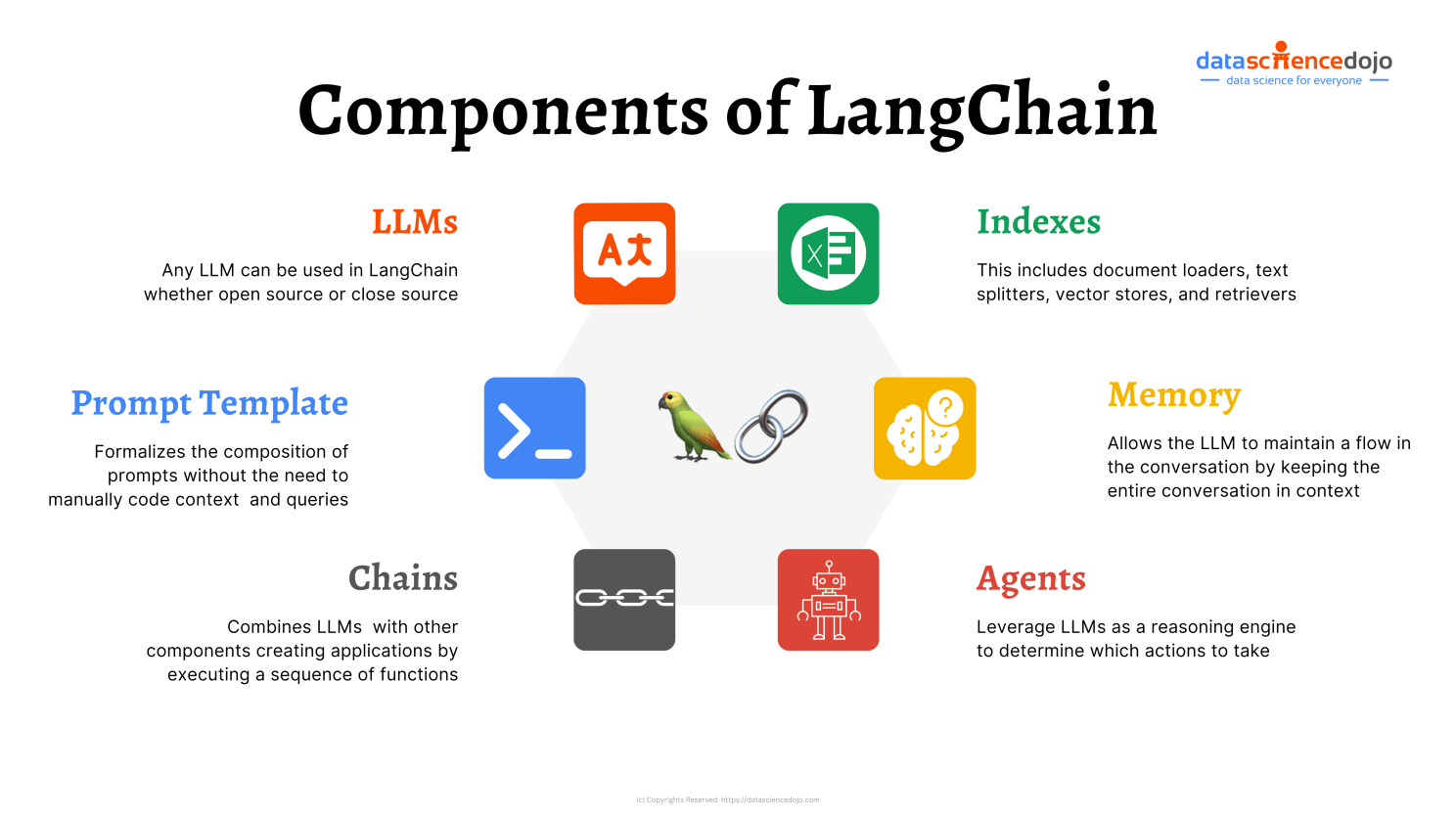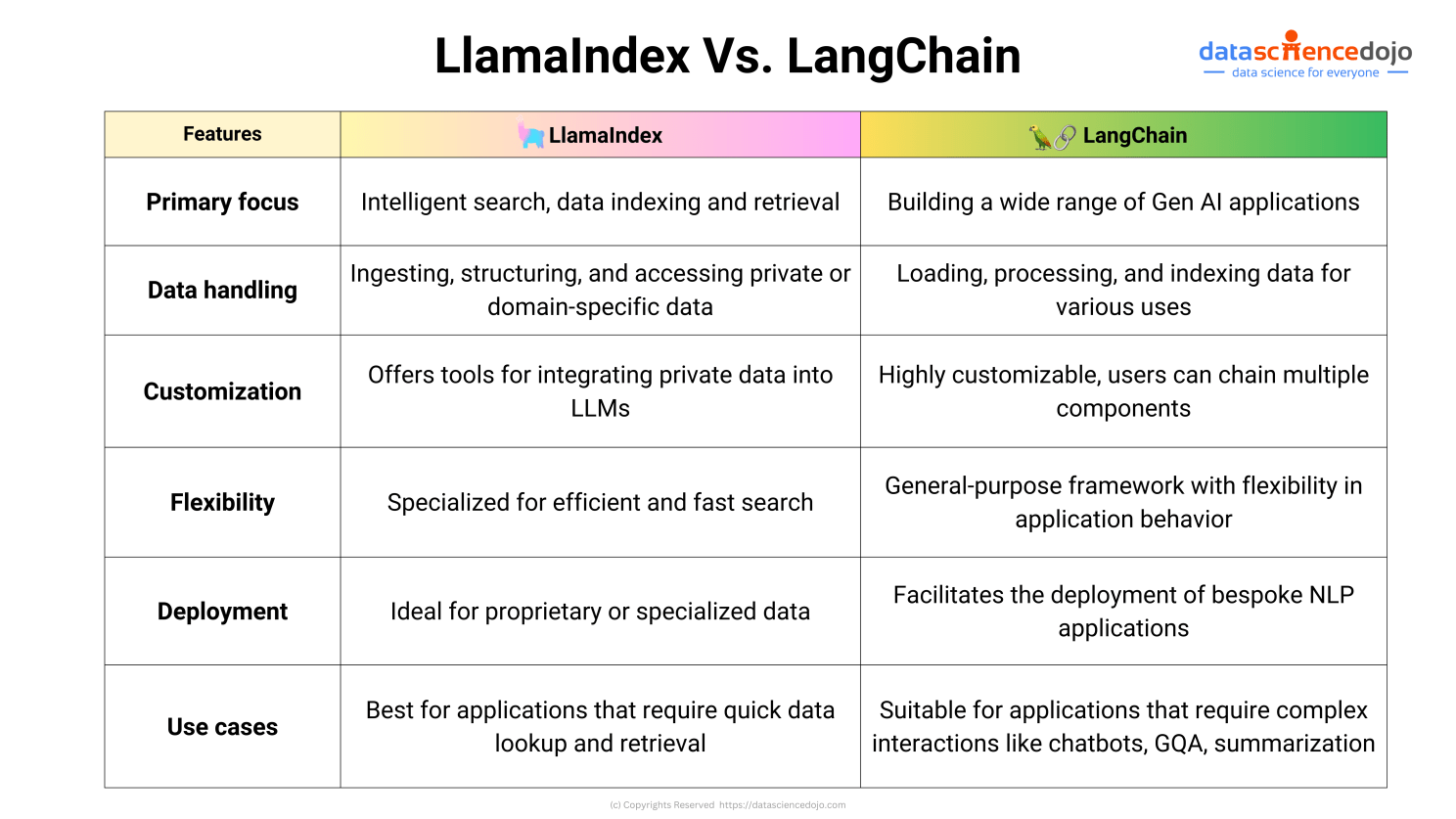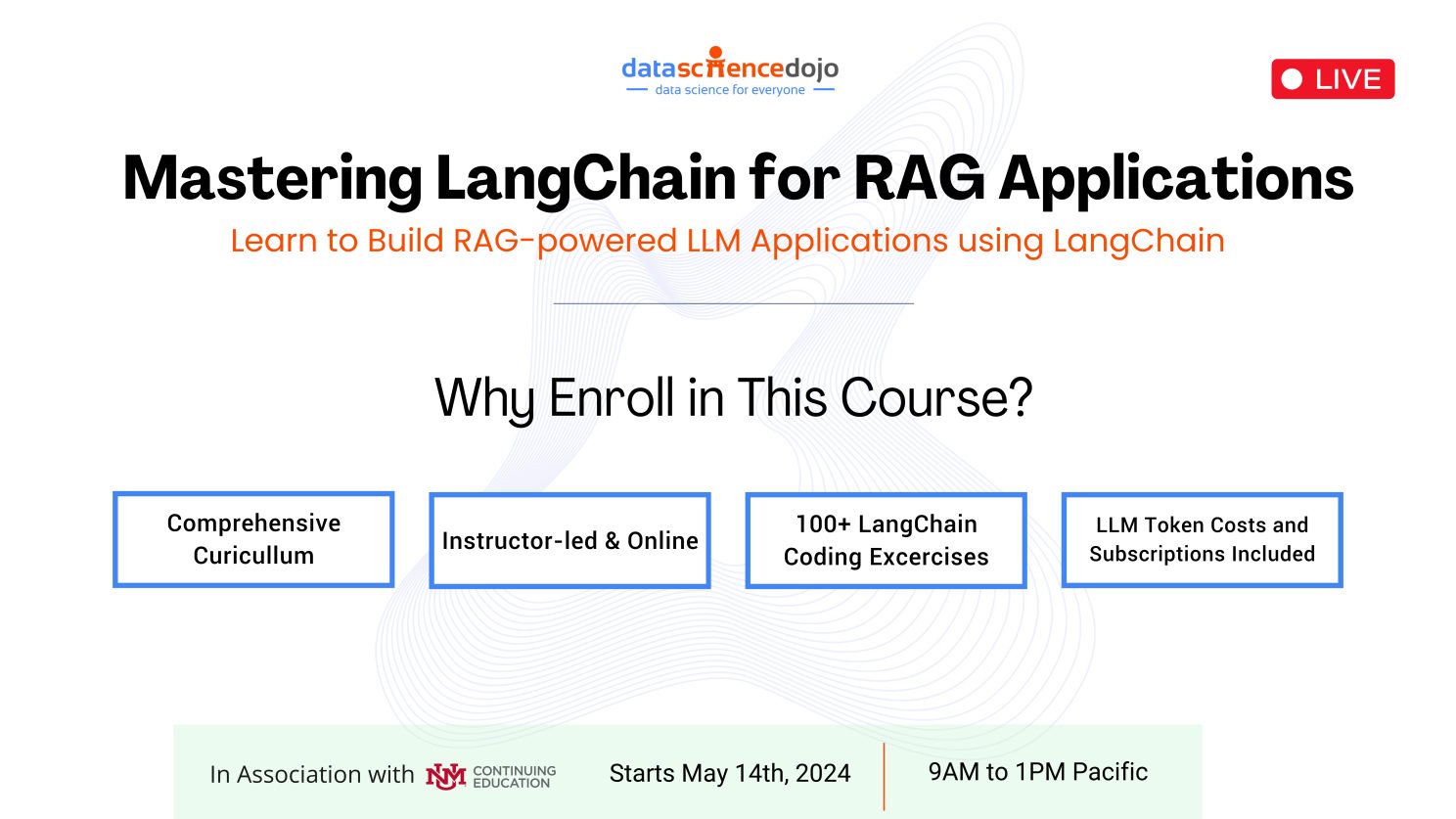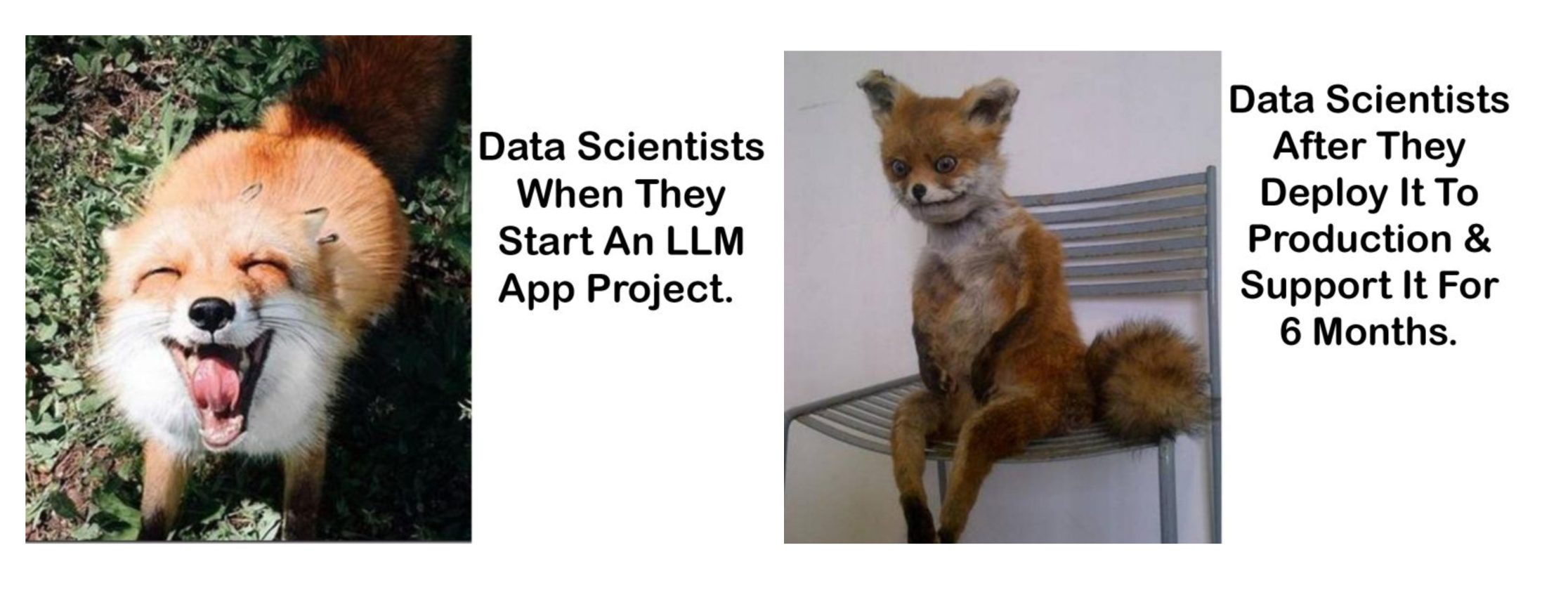Welcome to Data Science Dojo’s weekly newsletter, “The Data-Driven Dispatch”.
In this week’s dispatch, we’ll answer the burning question of 2024: What is LangChain? But before we explore our guide to learn LangChain, here’s a question for you.
Are you reliant on a single generative AI tool for all your tasks? Well, the chances are low.
The truth is that we are surrounded by tons of large language models. For some people, OpenAI’s GPT can work best for programming. But when it comes to writing, they might prefer Google’s Gemini.
Here’s the deal: People prefer different LLMs for different needs. This means the current LLM-powered tools do not provide a comprehensive solution.
Hence, there is a rising need to build more nuanced large language model applications than the current ones.
For example, tools that utilize different LLMs for different tasks, and understand data from any source and whatnot. The idea is to make an application become an expert in the domain it is made for.
But, how can one build AI applications like that?
That is where LangChain comes in!
What is LangChain?
LangChain is a popular and powerful tool that simplifies building LLM applications.
It provides an open-source orchestration framework that allows developers to build, integrate, and scale applications using large language models more efficiently. It comes in both Python and JavaScript Libraries. Read more
Why is it Important? Understanding LangChain Components
LangChain simplifies the development of LLM applications by employing abstractions.
These abstractions act like building blocks, representing common tasks and processes that are typically involved when working with language models.
By linking these blocks together—much like connecting pieces of a puzzle—developers can efficiently build applications.
The Benefit? This approach reduces the amount of coding needed to perform complex natural language processing (NLP) tasks making it way simpler.
We can call these building blocks components that can work together or by themselves, to facilitate the creation of powerful LLM applications.

Read: Learn the power of LangChain: A comprehensive guide to building custom Q&A chatbots
Use Cases of LangChain
LangChain opens the door to a lot of innovation with LLMs. It helps build GenAI applications that are versatile and cater to many functions. Here are some use cases of LangChain in LLM application development:
- Chatbots
- Summarization
- Question Answering
- Data Augmentation
- Virtual Agents
LangChain Vs. LlamaIndex – Which Orchestration Framework is the Best?
Other than LangChain, LlamaIndex is widely used as an orchestration framework to simplify the process of building LLM applications.
Want to know which one works better? Here’s a comparison:

Read more LlamaIndex vs LangChain: Understand the key differences
What is LangChain and How to Build Custom QnA Chatbots with LangChain, Step-by-Step
Curious to see LangChain in action? Here’s a comprehensive tutorial where Syed Hyder Ali Zaidi, Data Scientist and Data Science Dojo, provides a simplified explanation of LangChain agents, and their components.
He then builds a chatbot that not only understands natural language but also has the power to answer questions and provide insights from given CSV data.

Let us know in the comments if you can relate.
Learn LangChain with Courses – In Person
Are you a founder, product leader, or builder, and want to create a breakthrough LLM application? Make things easier for yourself.
Here’s the most comprehensive course in the industry to learn how to build RAG-powered LLM applications.

Get to know more about the curriculum of the course here.
Let’s end this week with some attention-grabbing headlines in the AI-verse.
- OpenAI Launches GPT-4 Turbo with Vision, Now Generally Available via API. Read more
- Gemini 1.5 Pro Debuts in 180+ Countries with Enhanced Audio and Developer. Read more
- Innovative AI Project Converts Personal Memories into Synthetic Photos. Read more
- Spotify Introduces AI-Powered Playlist Generator. Read more
- Google Unveils Specialized Code-Generation Models. Read more







